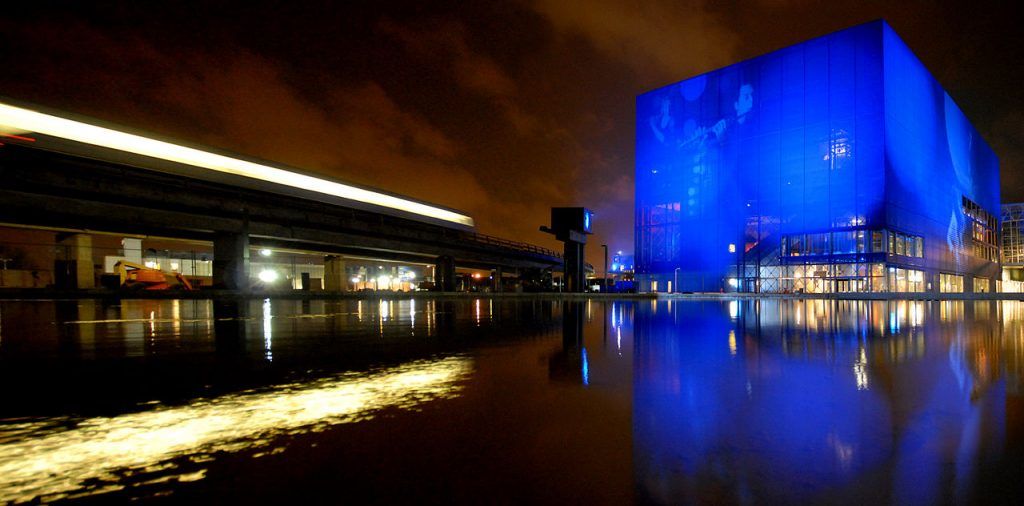A survey carried out by YouGov for Metroexpress has turned up some results that will make disquieting reading for DR bosses.
When asked “To what degree do you have confidence that Danmarks Radio will make appropriate use of licence money with regard to fulfilling its public service commitment?” only 17 percent of the respondents said ‘to a high degree’ or ‘to a very high degree’.
Meanwhile, some 28 percent responded ‘not at all’ and another 28 percent ‘to a lesser degree’.
READ MORE: Almost half of Danes want to scrap DR licence
Politics comes into it
Henrik Søndergaard, a media researcher at Copenhagen University, told Metroxpress the results reflect “a current debate which is very critical of DR”.
“I think that it is more taking the temperature of the political debate rather than about credibility,” Søndergaard said.
READ MORE: DR sends out thousands of payment notices
Horsing about
DR receives 3.7 billion kroner per year, which is 67 percent of the total licence fee, so public opinion – and by extension, their willingness to pay up – is important.
Recently, DR has been running an advertising campaign with the slogan ‘Licence is something that we give to each other’ in an effort to retain public support.
However, there have been several scandals in which DR has appeared to be profligate with the money entrusted to them, including the expensive drama ‘1864’, a disastrous overspend on the Eurovision Song Contest, a top boss being flown to work by helicopter, high executive salaries, and the small matter of a horse belonging to a US correspondent’s wife being shipped stateside.














